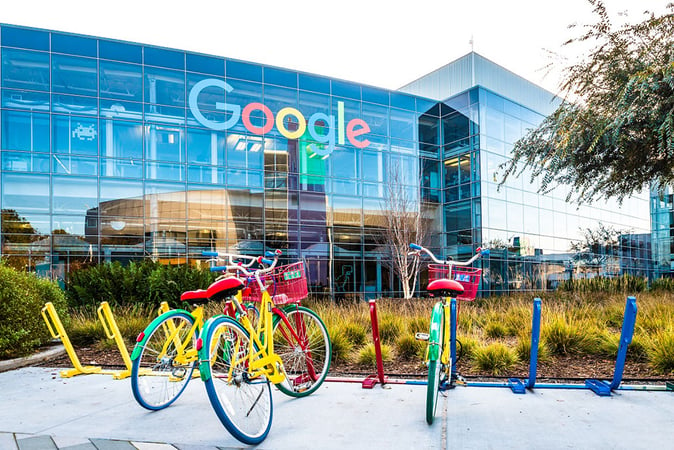Google’s announcement comes amid rising concerns over the copyright issues that have been linked with using generative AI.
Google is making it its business to legally protect users of generative artificial intelligence (AI) systems within its Google Cloud and Workspace platforms. That is if they are ever faced with copyright infringement allegations. The announcement reads in part:
“If you are challenged on copyright grounds, we will assume responsibility for the potential legal risks involved.”
With the move, the tech giant joins other top firms like Adobe, Microsoft, and many more who have recently made similar commitments.
Google Addresses Customer Concerns over Copyright Issues
Google’s announcement comes amid rising concerns over the copyright issues that have been linked with using generative AI. The firm assures customers who use its products, which have been integrated with generative AI capabilities, of legal protection. It outlined seven such products that will be covered under the said protection.
The products named include; Duet AI in Google Cloud, Duet AI in Workspace, Vertex AI Conversation, Vertex AI Search, Codey APIs, Vertex AI Text Embedding API, and Visual Captioning on Vertex AI. Interestingly, however, Google’s Bard search tool did not make the list.
Meanwhile, Google also hailed its initiative as a first-of-its-kind approach to intellectual property indemnification. The firm explains that its protection would not only cover the outcomes generated from its foundational models but the training data as well. This implies that Google will take responsibility if a user is slammed with legal action for using its training data that has copyrighted material.
Similarly, Google confirms that it will protect users who face legal action as a result of the outcome they obtain from using its foundation models. For clarity, this may include scenarios where users generate content that end up resembling already-published works.
According to the company, the move is to help users who might run into infringement issues with their content without necessarily intending to do so.
It is worth noting that, like Google, many other firms are beginning to take legal responsibility for their customers. For instance, Microsoft recently assured users of its Copilot products that it would be legally responsible for them.
Adobe also joined the train when it announced its devotion to protecting enterprise customers of Firefly. The firm vowed to protect them from copyright, privacy and publicity rights claims.
Mayowa is a crypto enthusiast/writer whose conversational character is quite evident in his style of writing. He strongly believes in the potential of digital assets and takes every opportunity to reiterate this.
He’s a reader, a researcher, an astute speaker, and also a budding entrepreneur.
Away from crypto however, Mayowa’s fancied distractions include soccer or discussing world politics.




